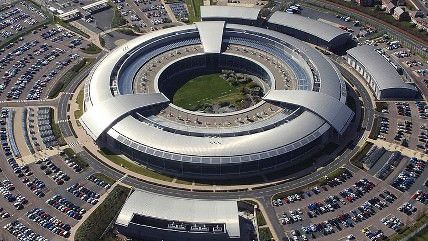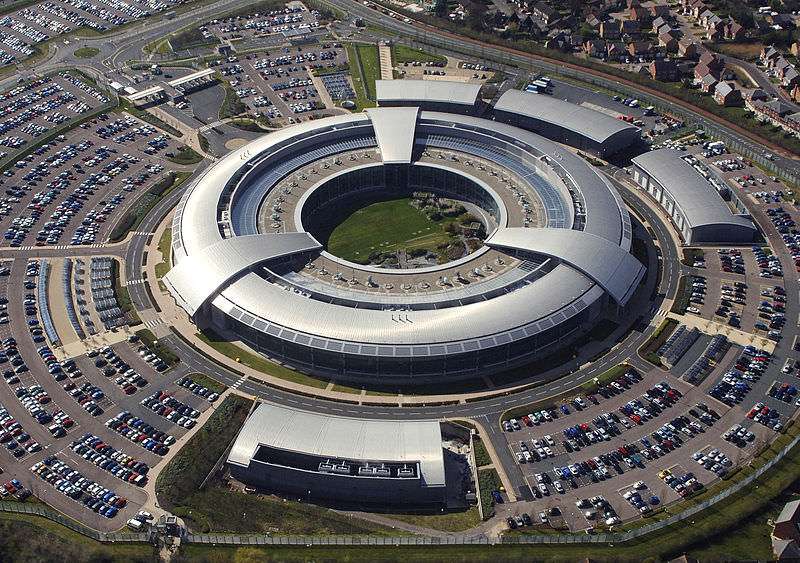NSA Scandal Crosses the Pond, Cameron Says Intelligence Agencies Act Within the Law


British Prime Minister David Cameron has said that GCHQ (Government Communications Headquarters), the British data gathering agency, has been acting within the law after The Guardian reported that GCHQ has access to data obtained by the National Security Agency as part of the PRISM program. The British government has not confirmed or denied GCHQ had access to the program.
Cameron's recent statements come after President Obama sought to reassure Americans that the NSA's activities have plenty of oversight and political approval, saying that the programs are authorized by Congress and overseen by federal judges.
Unfortunately for Cameron and Obama many people are not going to be reassured by the fact that intelligence agencies have been obeying laws or that their behavior is repeatedly authorized or scrutinized by legislators. Many of the laws that empower intelligence agencies, such as the PATRIOT Act and the U.K.'s RIP Act of 2000, allow for these organizations to violate innocent people's privacy. That politicians are consistently willing to reauthorize and vote for these laws is as worrying as the surveillance carried out by agencies like the NSA and GCHQ.
Leaders like Cameron and Obama need to move on from the "it's legal" and "it's authorized" defense. It is the laws that authorize NSA and GCHQ surveillance that are the problem, not their oversight or lack thereof.
Big Brother Watch, the U.K.-based pressure group that works to protect civil liberties and privacy, has published an article on what the NSA scandal means for the U.K. and the dangerous precedent the U.S. is setting:
Given only a few weeks ago the Obama administration accessed records about many Associated Press journalists, far beyond national security concerns, it is important that we know if British citizens have been caught up in the NSA's operations without proper legal basis, or if GCHQ has made specific requests about British citizens to be placed under surveillance.
It should also be of concern to Governments around the world that the US seems to have no qualms hoovering up data from the rest of the world, even if doing the same to its own citizens would be illegal. At a time of international tension about how the internet is policed, several far from democratic states looking to introduce their own monitoring and global unease about cyberwarfare, it seems the US's actions risk setting a dangerous precedent.
The Foreign Secretary has led the debate on internet freedom around the world, and he deserves much praise for this work. However, the US risks undermining this entire agenda with blanket, indiscriminate surveillance of the world's internet use.
British Foreign Secretary William Hague today the following, "It has been suggested that GCHQ uses our partnership with the United States to get around U.K. law, obtaining information that they cannot legally obtain in the United Kingdom. I wish to be absolutely clear that this accusation is baseless."


Show Comments (14)